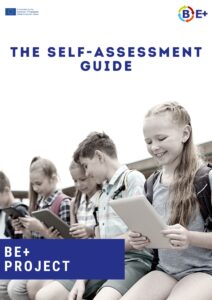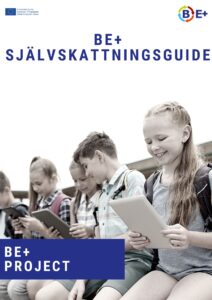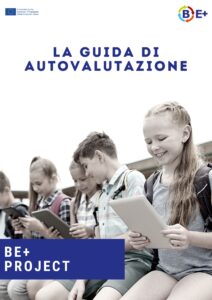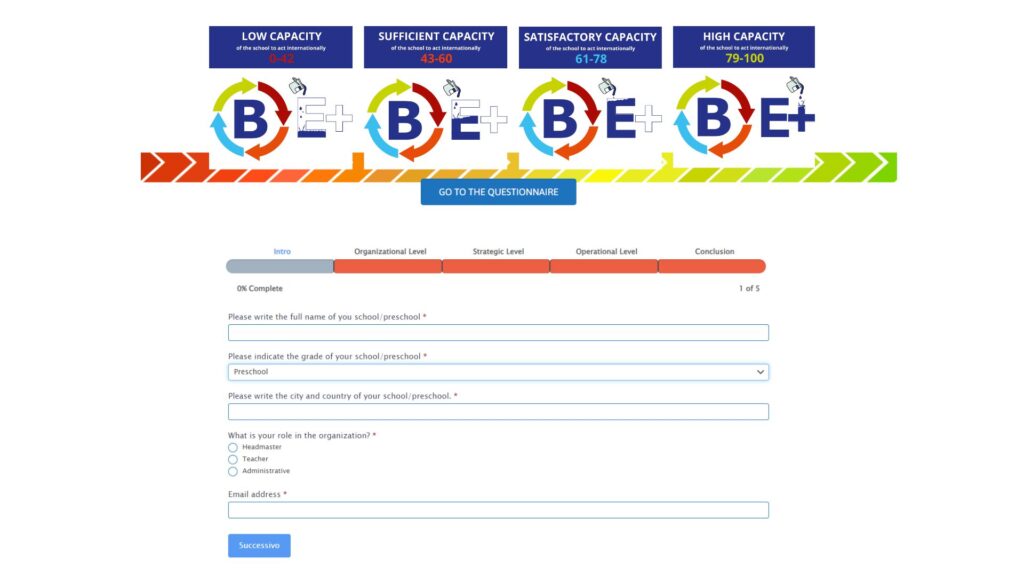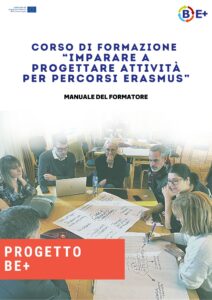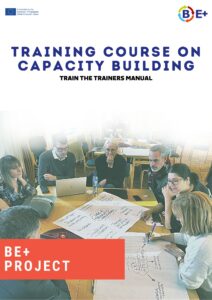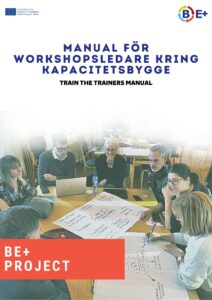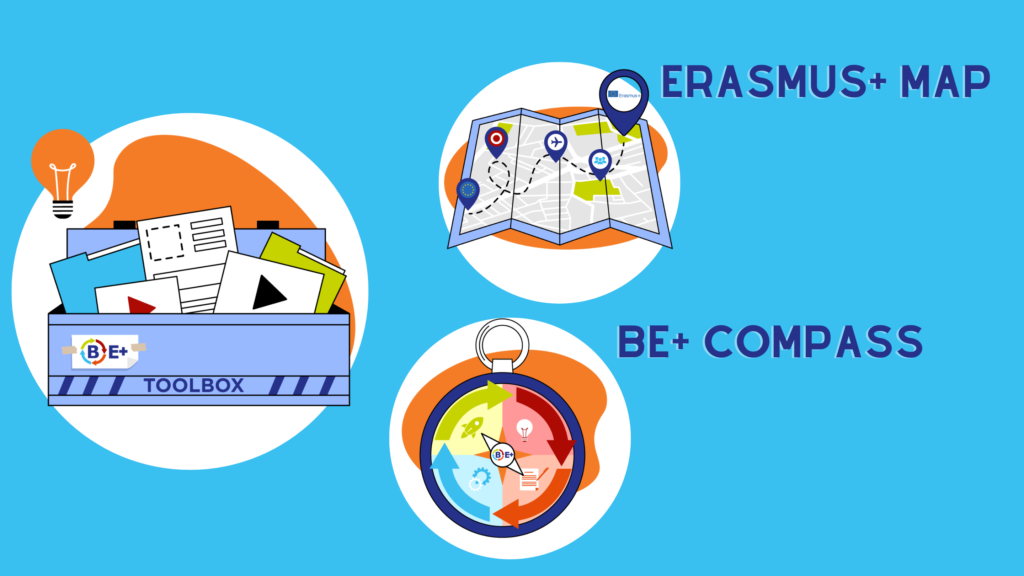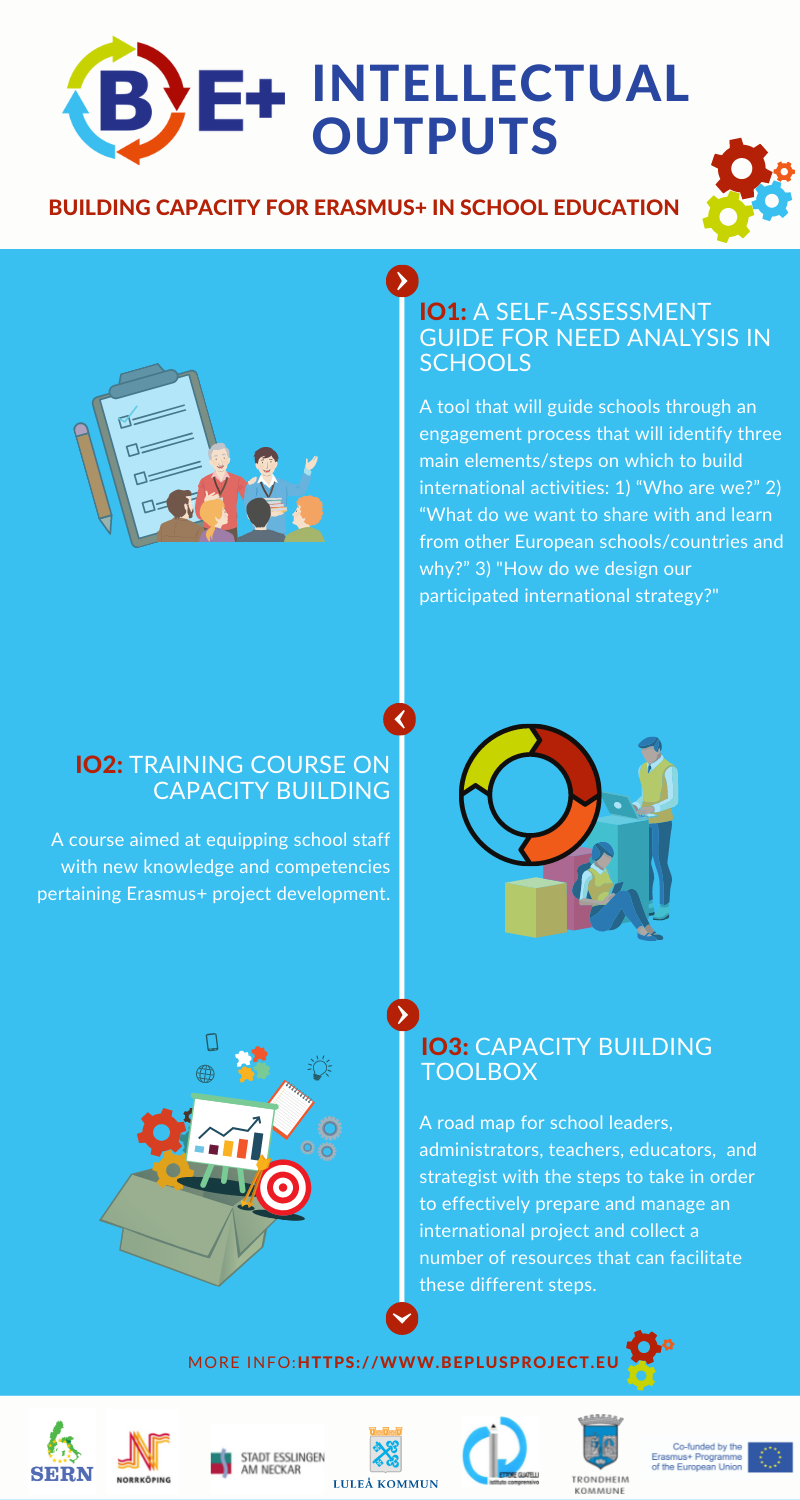
Funded by

Erasmus+ KA2
Information
- Length: 2020-2023
- Lead Partner: Utbildningskontoret - Norrköping Municipality (SE)
- Members Involved: SERN, Luleå Municipality(SE)
- Other Partners: Municipality of Esslingen am Neckar (DE), Municipality of Trondheim (NO), istituto Comprensivo Ettore Guatelli - Collecchio (IT)
- Priority Area: Quality Education #InclusiveCommunities
Quick Links
Contacts

- nicola.catellani@sern.eu
- +393483892600

- alessia.mereu@sern.eu
- +393493371725
BE+
Building capacity for Erasmus+ in school education
About the project
The Erasmus+ programme period 2021-2027 increased the focus on mobility, providing learning opportunities to 12 million people (three times as many mobilities as in the former programme), building a European Education Area and strengthening the European identity. This all means that more schools, in particular schools with disadvantaged students need to build capacity for Erasmus+ participation in order to, for the programme, to reach its full impact. This also implies that widening participation in the programme is necessary in order for the Erasmus+ programme to be successful.
The BE+ partnership, consisting of school, local school authorities, municipalities and transnational networks from Sweden, Italy, Norway and Germany have found that the participation of schools in the Erasmus+ programs is either not widely spread in their local communities or happening in a way it can fully lead to school development.
Objectives
The objective of BE+ is to increase the administrative and organizational capacity in K-12 school education so that teaching and management staff is better prepared to transnational collaboration within the Erasmus+ framework.
More specifically this means to:
- Support schools in identifying their needs in relation to capacity building;
- Develop innovative methodology and tools to meet the training needs of school staff-Improve the skills of school staff in understanding and implementing a project cycle management;
- Develop a toolbox that will prepare schools for the next generation of Erasmus+.
Activities
More than 500 school staff and policymakers took part in activities that have been disseminated and have the potential to reach and benefit a minimum of 2000 K-12 schools.
The line of events have been organized into 4 core activities that are key elements in reaching the overall project objectives:
- Project management
- IO1 A Self-Assessment guide for need analysis in Schools
- IO2 Training course on capacity building
- IO3 Capacity Building Toolbox
Activities related to IO1 provide the partners as well as the project with a more profound, up to dated understanding of the needs of schools in a more holistic manner and will result in a self-assessment tool that sets the stage for the other intellectual outputs.
Building on IO1, IO2 will start of with a content development phase for the training courses that will be tested and evaluated during 2 Learning Teaching and Training activities.
Core activity 4- IO3 summarizes the entire project by collating all of the resources in one accessible and easy-to-use place. The toolbox makes it more likely that the outputs will be used by a larger cross-section of teachers, educators, policymakers and other stakeholders, going beyond the project partners network, beyond the partner countries and beyond the project timeline thus ensuring the sustainability of the project, upon its ending.
Outputs
IO1 A Self-Assessment guide for need analysis in Schools
A tool designed for teachers, principals, and school staff, helping them identify and address their school’s needs for internationalization. This guide simplifies the process into four user-friendly steps, making it easier than ever to kickstart the journey towards global engagement.
Click here to fill in the questionnaire aimed to provide some feedback and indications about the quality of the international activities done in the school and on the school’s current capacity in the context of Erasmus+ collaborations. The purpose is not to judge but to let teachers and staff consider elements that can be of help in improving the quality of the international while giving an opportunity to set in motion a process of reflection which can lead to an enhanced organisational capacity. After completing the questionnaire, participants receive automatic and personalised feedback based on the responses.
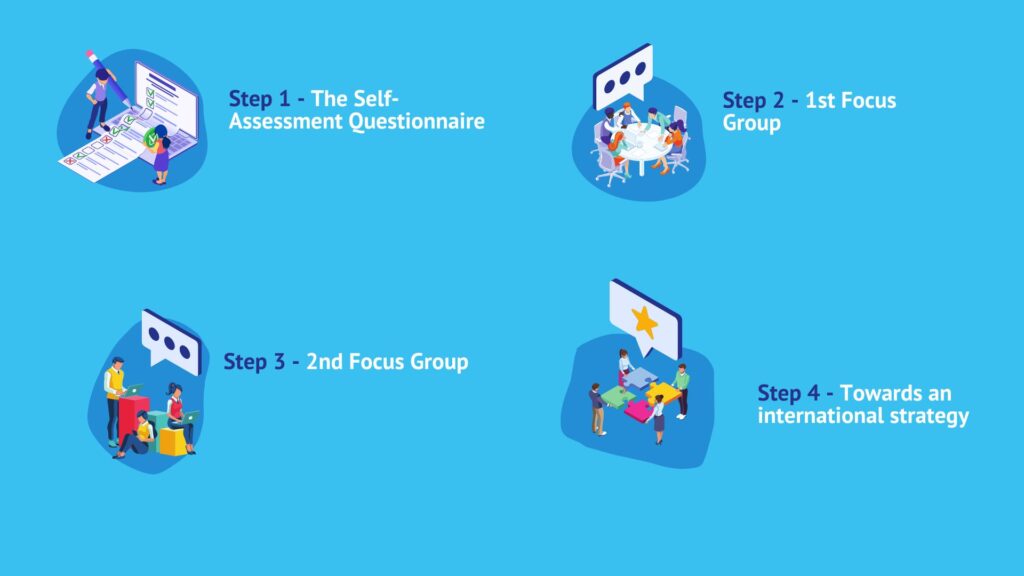
IO2 Training course on capacity building
The objective of the BE+ “train the trainer manual” is to support those who lead the capacity building process inside the school around international questions. The manual is designed to enhance the capability of their colleagues to plan and implement EU projects efficiently within the context of the Erasmus programme.
The BE+ project has been testing the training activities explained below through two seminars attended by more than 30 teachers and headmasters from 4 different countries. A key element which has surfaced from the testing, and was highlighted by the participants, has been the importance of using a common method. Project Cycle Management (PCM) can be a crucial planning tool in Erasmus projects, providing a structured framework for effective project planning helping delivering higher quality projects. This “train the trainer” manual will help schools in introducing this method in the framework of their international activities and projects.
IO3 Capacity Building Toolbox
Navigating the Erasmus+ programme can be an exciting, yet challenging journey.
To help schools stay on track and achieve the international goals of your school, the BE+ project aims to offer them a map and a compass to guide schools in the successful development of their international activities.
Activities
Impact
The long term impacts of BE+ are ultimately to increase the administrative and organizational capacity in the entire educational system so the Erasmus + program can be used as a vehicle of the modernization of European educational systems.
Results
The project resulted in many outputs related to capacity building, from identified needs of schools, the development and testing of innovative tools and methods, increased knowledge about the Project Management Cycle, increased confidence in engaging in application for Erasmus+ funding to the uptake in in new school contexts and the strengthening of the European dimension in K-12 Education.

